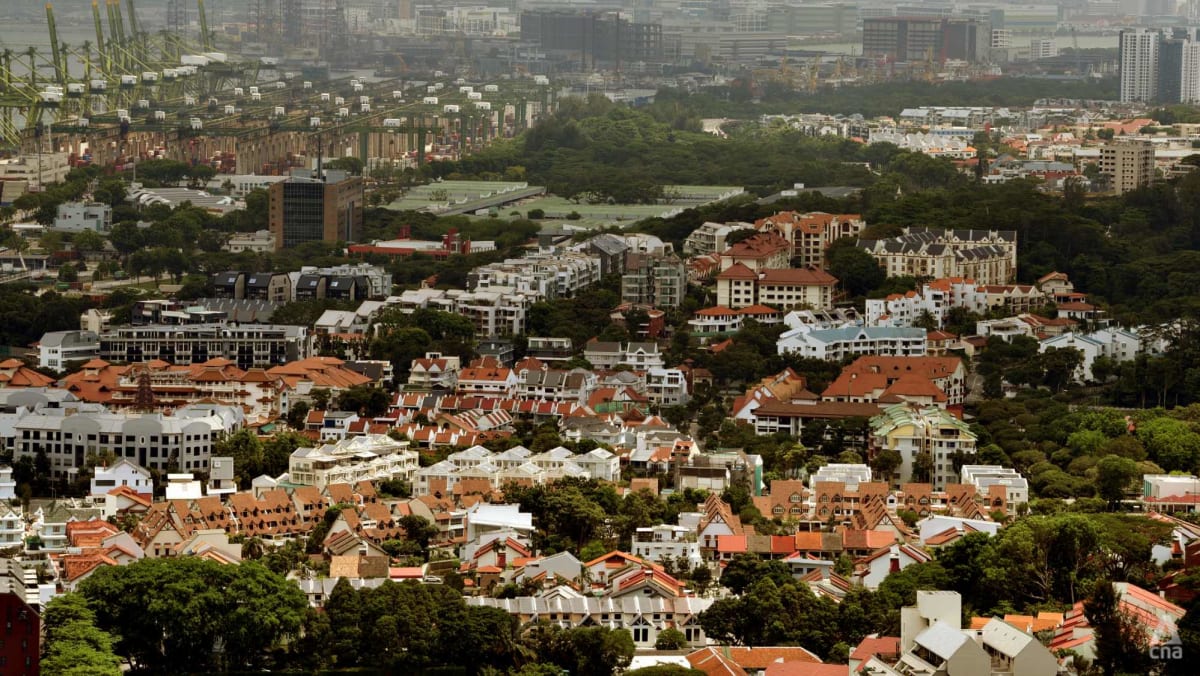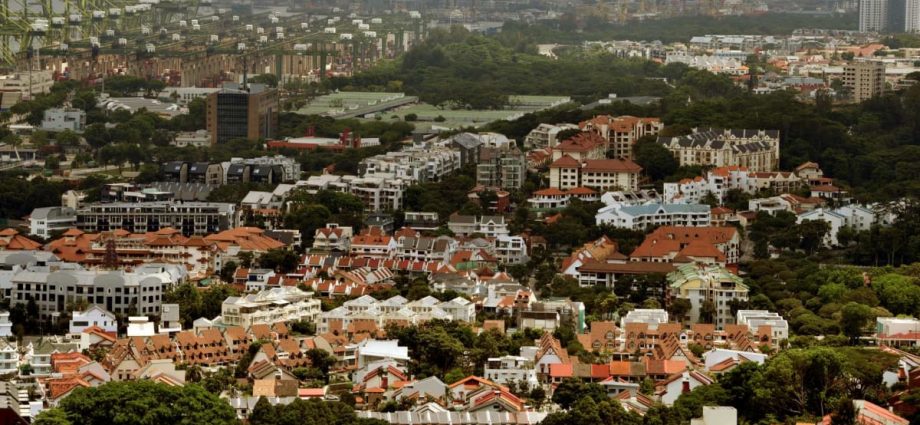
POSSIBLE ACTION AGAINST PROPERTY OWNERS
Ms Joanna Yap, managing director of Sabara Law, said that unlike tax evasion, tax avoidance is not a crime.
“Assuming that the case in question is not one of tax evasion, IRAS, who invoked the tax avoidance provision to recover the shortfall of ABSD, surcharge and interest (if any), will lie as a civil claim against those who took advantage of the scheme,” she said.
“This means that there will not be any criminal sanctions imposed.”
For those who fail to pay the shortfall of ABSD, IRAS can initiate proceedings – such as appointing agents to recover funds, said Ms Yap.
On the other hand, fraudulently declaring or withholding information from IRAS is considered tax evasion – an act that is “a lot more serious”, said SMU’s Mr Ooi, adding that offenders face up to three years in jail.
He also noted that Singapore makes a distinction between cases of tax avoidance and tax evasion.
“Under the law, the taxpayer would pay the correct (lower) amount of tax, but the IRAS may invoke the general anti-avoidance rule to negate that tax advantage,” he said.
“In the case of tax evasion, the taxpayer engages in fraudulent activity to pay an incorrect (lower) amount of tax.”
There is also another possibility – those who understamp can also be penalised even though they may not have any fraudulent intent.
NOT JUST 99-TO-1
“The 99-to-1 split is not a hard and fast rule,” Mr Ooi said. “IRAS is likely to audit cases with any proportion of holdings that they think requires probing.”
Property buyers hoping to avoid tax or understamp their assets should not do so, he added.
“If they wish to engage in a 99-to-1 split arrangement for bona fide commercial reasons, they should clearly document their reasons for doing so,” he said.
“IRAS has enacted targeted anti-avoidance rules to deter tax avoidance on numerous occasions in the past. Moving forward, it may well do so in the present case as well.”
Those who are involved in such arrangements should take the opportunity to make a voluntary disclosure as soon as possible before their case is picked up for an audit, said Ms Yap.
As the ABSD was introduced in 2011, there is a possibility that cases dating back over a decade could be uncovered.
“With the announcement that IRAS is probing the (99-to-1) scheme, it is quite clear that IRAS is expecting those involved to make a voluntary disclosure,” she added.
“If no voluntary disclosure is made, then it would be a case of when or if ever the case will be uncovered by IRAS, given that there is no time bar.”
However, she pointed out that lawyers who helped buyers enter into such arrangements currently fall outside the purview of IRAS.
Mr Ooi said the lawyers may have also “expressly declined to advise on such matters or limited their liability for their advice”.
WHAT NEXT?
Ms Yap said options for those who are already involved in the 99-to-1 scheme are “very limited” – those who have been picked up for audit will need to resolve it with IRAS, while those who are yet to be picked should consider voluntary disclosure.
“Those who can demonstrate that there were bona fide commercial reasons and the main purpose of entering the scheme was not to avoid or reduce ABSD should be prepared to defend their position against IRAS,” she said.
Mr Ooi added: “Clearly such audits have currently become a priority and we can expect the frequency of audits to go up considerably.”
Ms Yap also said that it is not possible to unravel the arrangement and that selling the property does not absolve parties of their obligations to pay the stamp duty.
“The IRAS probe means that the ‘loophole’ is generally no longer available,” Ms Yap said.
“Any declaration of 99-to-1 sharing at the exercise option or as per the scheme will cause IRAS to raise its eyebrows. If there are indeed legitimate reasons for doing so, then such reasons should be properly documented and made available to IRAS when the occasion calls for it.”

